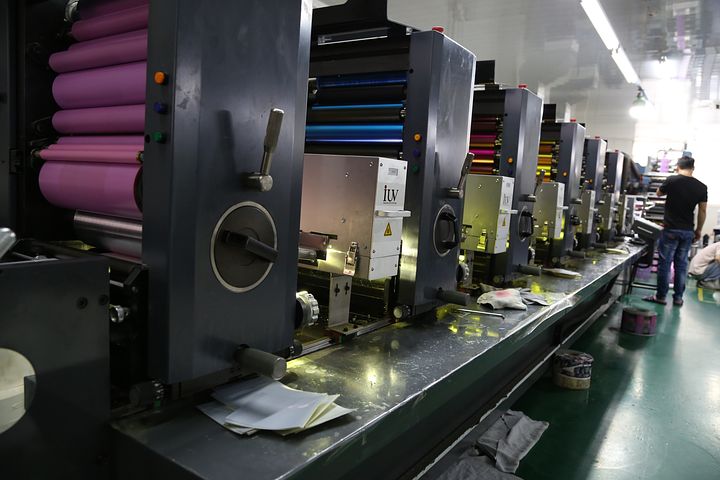It’s no secret that blockchain companies have become hugely successful in recent years, with many looking to get a foot into the door of a potentially lucrative career. But many people do not understand what this new invention actually entails.
This outline covers what you need to know about this new technology.
What it is
In basic terms, it is a time-stamped number of unchangeable data records, which are managed by a large group of computers (which aren’t owned by a single entity). These data records are bound and secured to one another via cryptography.
How it works
Essentially, successful blockchain companies technology works by distributing digital information around the world – but the difference between it and the internet is that it does not copy this information. As such, it is meant to be a much more secure way of sharing data.
So, what?
What makes blockchain companies so special is that the technological system they use is completely democratic – there isn’t any central authority. All the information uploaded can be viewed by anyone, making it an incredibly transparent system that allows for everyone to be accountable.
In more depth
One of the best parts of this technology is that it doesn’t have any transaction costs (only an infrastructure cost). The system is also fully automated, as well as safe. A party beings the process by creating an initial record, which is then verified by thousands of computers worldwide and added to the system. It is pretty much impossible to falsify a record, as you would have to falsify the whole system over millions of computers.
What is it used for?

It is mostly used to conduct monetary transactions. The benefit of using blockchain companies over banks is that it is essentially free and can be finalised in just seconds, rather than hours or even days. It is also a great way to track business supply and demand, allowing users to access data immediately and with ease.
Other things it might be used for in the future include revolutionising loyalty rewards programs, creating digital IDs, offering better copyright protection and tax compliance tracking, and even allowing for digital voting to occur!
Potential business developments it could lead to
Some of the biggest applications expected to arise from the growth of blockchain companies include:
Sharing economy
The sharing economy is one of the most exciting developments that have emerged in the 21st century. Its success has already been established, thanks to businesses such as Airbnb and Uber. Yet this technology could take the sharing economy a step further by cutting out the middleman (e.g. Uber) and letting parties interact directly via P2P payments, creating a genuinely decentralised economy.
Crowdfunding
In a similar vein, blockchain companies can help to create crowdfunded venture capital – in fact, they already have. A 2016 experiment was able to raise $200 million USD in a two-month period, after participants bought tokens that let them vote for their preferred venture capital investments.
Transparent governance
The transparency of the system allows for election and/or poll results to be completely accessible to the public. Along with a fully automated process, this could make the technology a highly tempting option for governments.
Crowdsourced predictions

By averaging out opinions provided by crowdsourcing, you can get a highly accurate prediction regarding event probability. This is because averaging them out prevents certain biases from occurring. In addition, participants will be able to earn money by making a correct prediction, making it a win-win for all.
Blockchain companies are paving the way of the future for our new economy.




